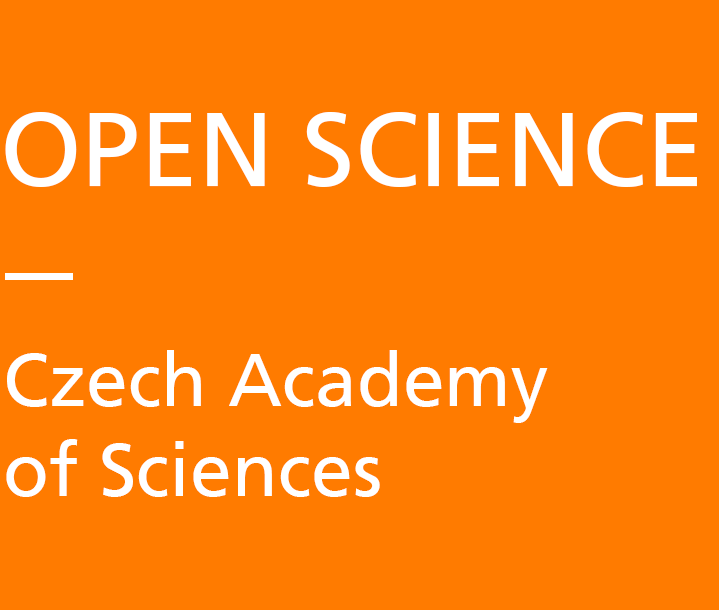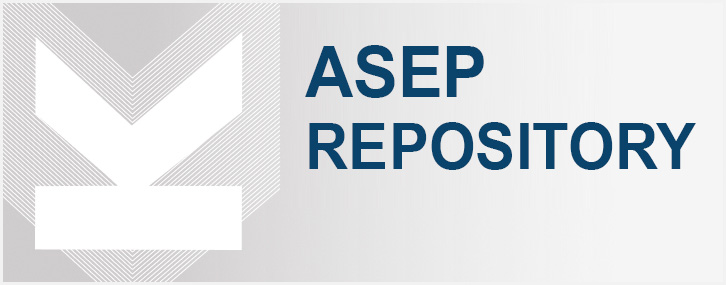The new Methodology for the Evaluation of Research Organizations (Methodology 2025+) has introduced a new type of research output – Type T: Digital Data Collection. The exact definition is: A “digital data collection” result includes any datasets in digital form […]
Read moreBlog Archives
Webinar Series on Developing Research Data and Software Management Policies
When: every Tuesday from March 3 to 24, 2026, starting at 9:30 (CET) Where: online The Digital Curation Centre (DCC), in collaboration with RDA Europe, is hosting a four-week series of online workshops and sessions designed to help research institutions […]
Read moreConference on the Methodology for the Evaluation of Research Organisations – Recording (cze)
The annual conference Methodology for the Evaluation of Research Organisations took place on January 27, 2026. The conference was organised by the Research, Development and Innovation Council in cooperation with the Institute of Physics of the Czech Academy of Sciences. […]
Read moreMethodology for the Evaluation of Research Organisations Conference (cze)
When: January 27, 2026, 12:30–18:00 Where: Institute of Physics of the Czech Academy of Sciences, Adéla Kochanovská Hall, Pod Vodárenskou věží 2531/3, Prague The Research, Development and Innovation Council (RVVI), in cooperation with the Institute of Physics of the Czech […]
Read moreWorkshop – FAIR-enabling data policy for repositories
When: 10. December 2025, 13:00- 15:00 Where: online The Transparent and Trusted Repository Attributes Matrix (TTRAM), developed in the European FIDELIS project, highlights policies and standard setting as key functions and activities of repositories. In recent years, policymakers at various […]
Read moreRVVI & MSMT and Open Science
The Council for Research, Development and Innovation (RVVI) addressed the issue of Open Science. On Friday, October 24, 2025, another regular meeting of the RVVI took place at Strakova Academy. Among other things, the councilors addressed the issue of the […]
Read moreFirst Meeting of the Diamond Open Access Policy Forum
When: October 29, 2025, 16:00–17:30 CET Where: online At the end of October, the first meeting of the Diamond Open Access Policy Forum will bring together policymakers and research funders from Africa, Europe, and Latin America. The Forum is part […]
Read moreCZARMA Coffee Talk on New Act on Research (cze)
When: October 30, 2025, 10:00–11:00 Where: online CZARMA is organizing a coffee talk on the topic “New Act on Research, Development, Innovation and Knowledge Transfer” which will take place online via MS Teams on Thursday, October 30, 2025. During the […]
Read moreGraspOS Webinar: Reforming Researcher Assessment with OPUS
When: October 30, 2025, 11:00–12:00 CET Where: online Research evaluation has traditionally focused on publications in high-impact journals and bibliometrics, despite the fact that researchers perform a wide range of activities in their daily practice. The shift towards open science […]
Read more4th United Nations Open Science and Open Scholarship Conference
When: October 16–18, 2025 Where: online & Tokyo The Fourth UN Conference on Open Science and Open Education, organized by the Dag Hammarskjöld Library of the United Nations in collaboration with several UNESCO thematic sectors, will serve as a platform […]
Read more

